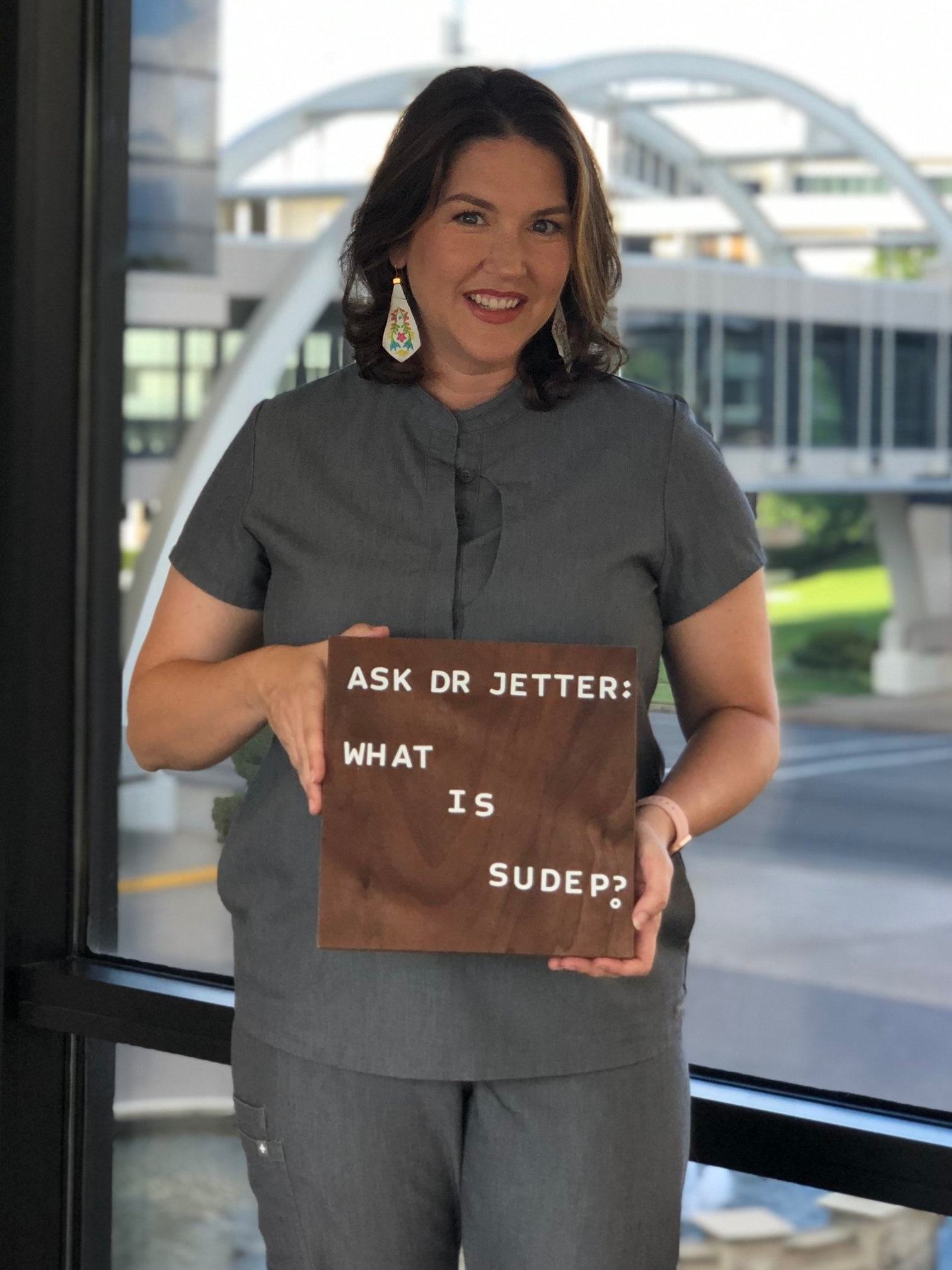Ask Dr. Jetter - What is SUDEP?
Ask Dr. Jetter - What is SUDEP?
What is SUDEP?
The recent death of Cameron Boyce has brought important attention to a complication of epilepsy called SUDEP.
SUDEP stands for Sudden Unexpected Death in Epilepsy. People who experience SUDEP are healthy, and often do not have a seizure that causes the death. If people that die of SUDEP have an autopsy, no other cause is found. Their lungs, heart, brain, etc are all normal.
Extensive research has gone into SUDEP looking for a cause. Some feel that an irregular heart rhythm causes the death. Others think that breathing problems lead to death. It is interesting to note that most patients with SUDEP are found face down.
You are at greatest risk of SUDEP if you:
Have frequent, generalized tonic-clonic (grand mal) seizures
Do not take your medications regularly or as prescribed
Are young, 20-40 years old
About 1 in 1000 people with epilepsy have SUDEP. It is very important to understand what SUDEP is so we can best prevent it. This is not something to fear, but rather be informed about to reduce your risk.
To reduce your risk of SUDEP, take your medications as prescribed and have frequent visits with your doctor. If your medications are not working, let your doctor know. There are several other treatments for seizures beyond medication. Be aware of your triggers and avoid them. Prioritize adequate sleep, good diet and regular exercise.
I often get asked about devices to detect seizures and their role in preventing SUDEP. There are devices that will alert caregivers when someone is having a generalized tonic clonic seizure. However, these devices do not detect when someone has stopped breathing. Unfortunately, they do NOT prevent SUDEP. A list of available devices and more information can be found at the Danny Did Foundation.
The Epilepsy Foundation is a great resource for patients and their loved ones with epilepsy. Knowledge is power!

